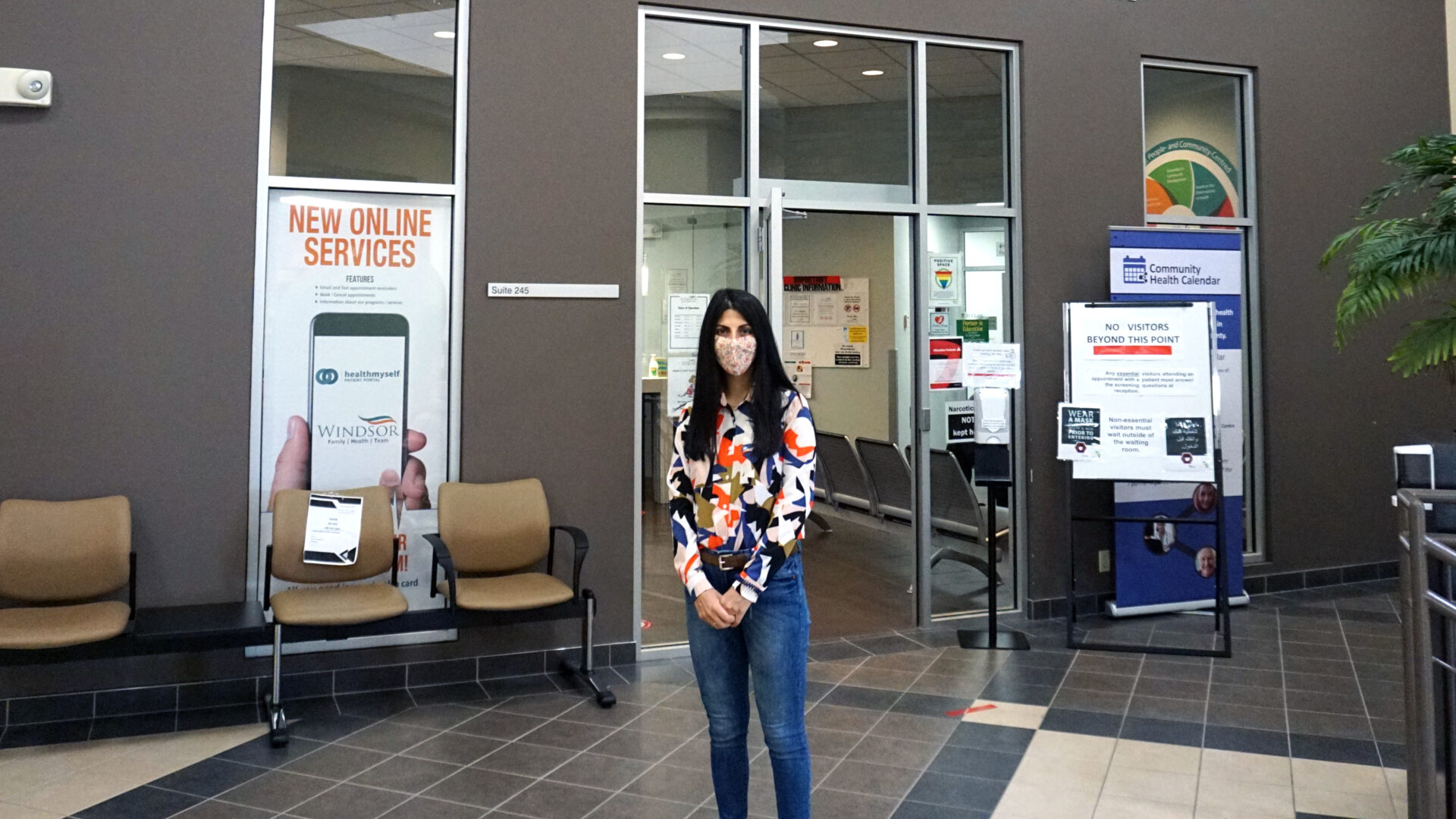Workforce WindsorEssex interviews different professionals for an inside look into their work.
We spoke with Sara, who is the Manager of Quality, Experience and Patient Safety at Windsor Family Health Team. You can learn even more about Healthcare Management Careers through our detailed Career Profile.
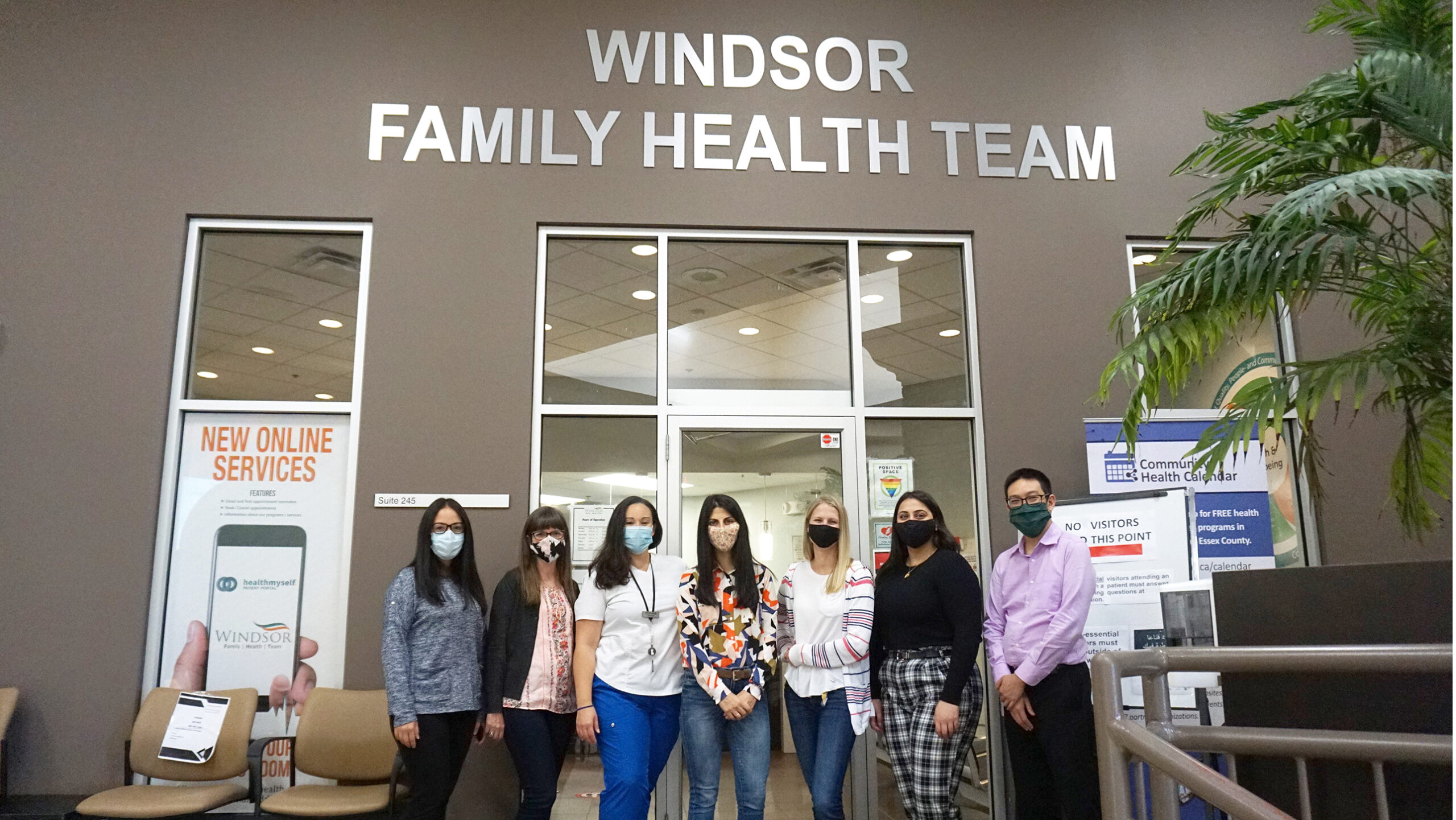
What does an average day look like for you?
My role is the Manager of Quality, Experience and Patient Safety. An average day includes checking in with staff, supporting them with their work and our organizational goals, reviewing process and making adjustments as needed. Updating staff on changes and engaging them on quality improvement initiatives (big and small). Looking for ways to develop staff and improve their staff satisfaction. Handle any patient requests, complaints, concerns. Look at strategies to improve patient safety through working with staff and patient feedback. I work closely with our Associations (The Alliance and AFHTO) to ensure we are aware of progress or initiatives occurring throughout the province that may be worth adopting at the Windsor Family Health Team (FHT). In addition to directly managing allied health at the FHT, I work closely with our health care providers, patients and administrative support to review and improve processes. I oversee students during placements. I also document our work, while engaging staff to provide details on their performance, so we can report it to the Ministry and Health Quality Ontario.
Why and when did you choose this career? What made you pursue your career?
I’ve always wanted to work in healthcare in an administrative capacity, since I’m interested in overseeing operations and supporting the development of staff and goals. I familiarized myself with different administrative roles at a younger age and I found they appealed to me. I pursued a Masters in eHealth and am currently a PhD Candidate pursuing a doctorate in Performance Measurement and Evaluation focusing on Interprofessional Primary care Teams.
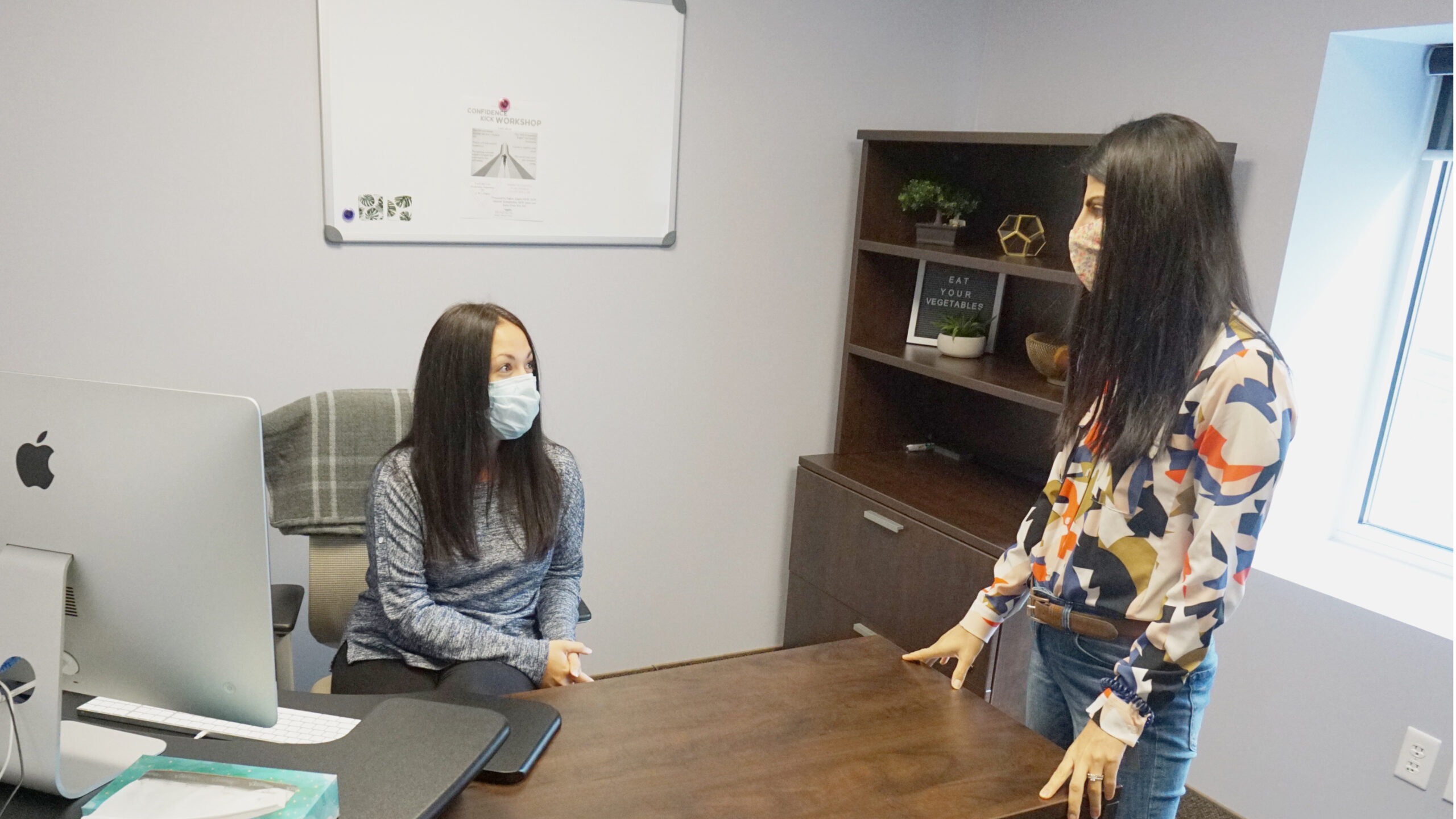
What was your education/training? Any additional training for your current position?
In addition to the above, I have completed additional learning through workshops and programs, specifically around governance, leadership and management. I also serve on the Association of Family Health Teams of Ontario (AFHTO) Board and have participated in numerous working committees to support the Windsor Family Health Team, community and AFHTO. In addition to working in primary care, I also have work experience in the community and acute care.
What is the best part of your job?
Collaborating with healthcare professionals with different perspectives, preferences and personalities. It keeps my job interesting and I’m always learning from my skilled and very knowledgeable colleagues. Everyone I have worked with in the past and currently work with now have helped me grow into a better professional and person.
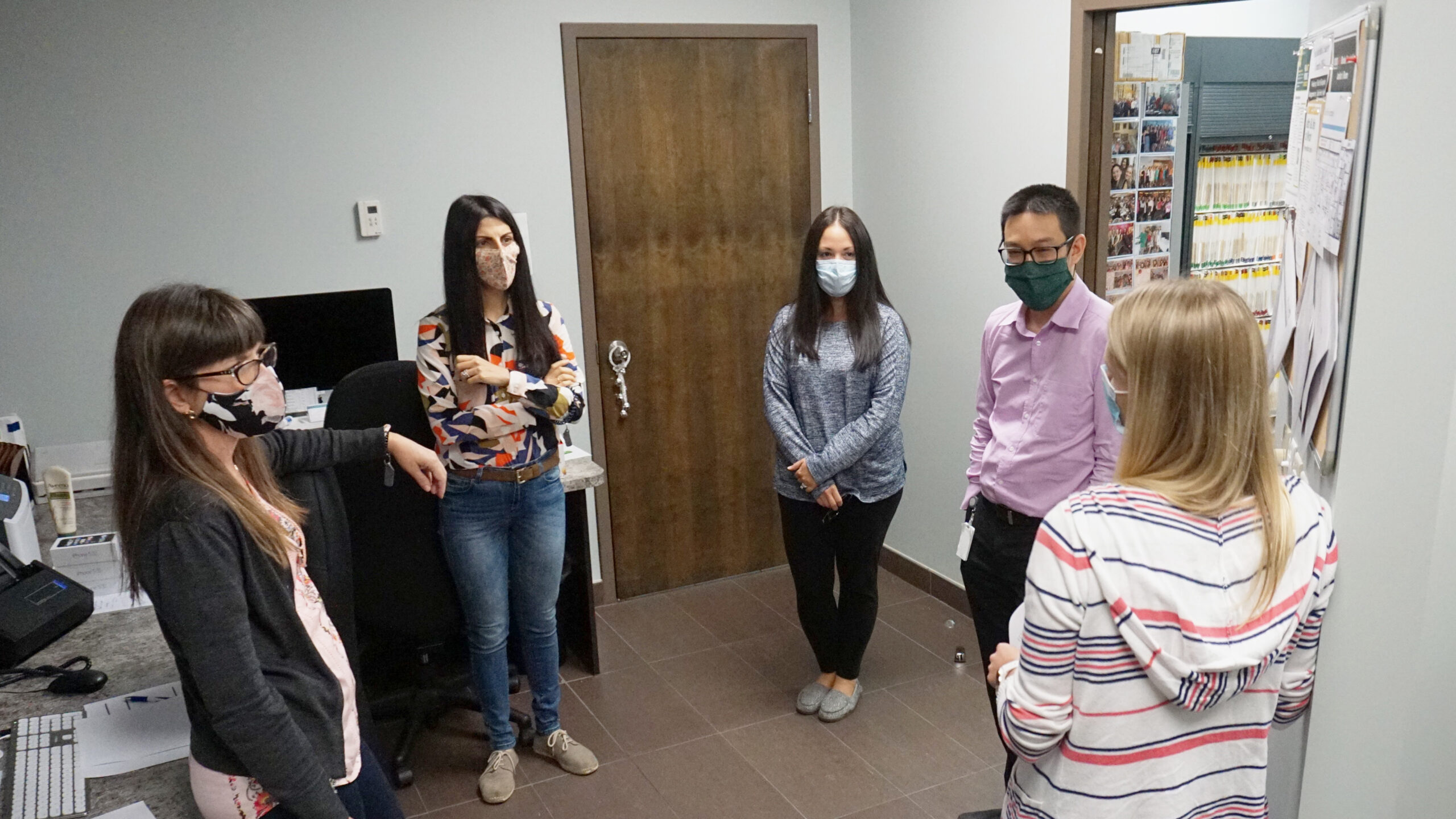
What is something challenging about your job?
Trying to balance the various preferences, perspectives and personalities while working towards a shared goal. Finding ways to compromise without dismissing ideas or discouraging staff from engaging.
What is the greatest lesson you’ve learned on the job?
These are just a few…Listen and observe. Don’t act on assumptions. Celebrate the wins. Learn from mistakes.
What advice would you give to someone interested in pursuing the career?
Check out the website and strategic plan of the organization you are interested in. Connect with someone in the organization that is responsible for the type of work you are interested in. Send them a few questions via email and ask them if they would be willing to set some time to meet for 15-30 minutes.
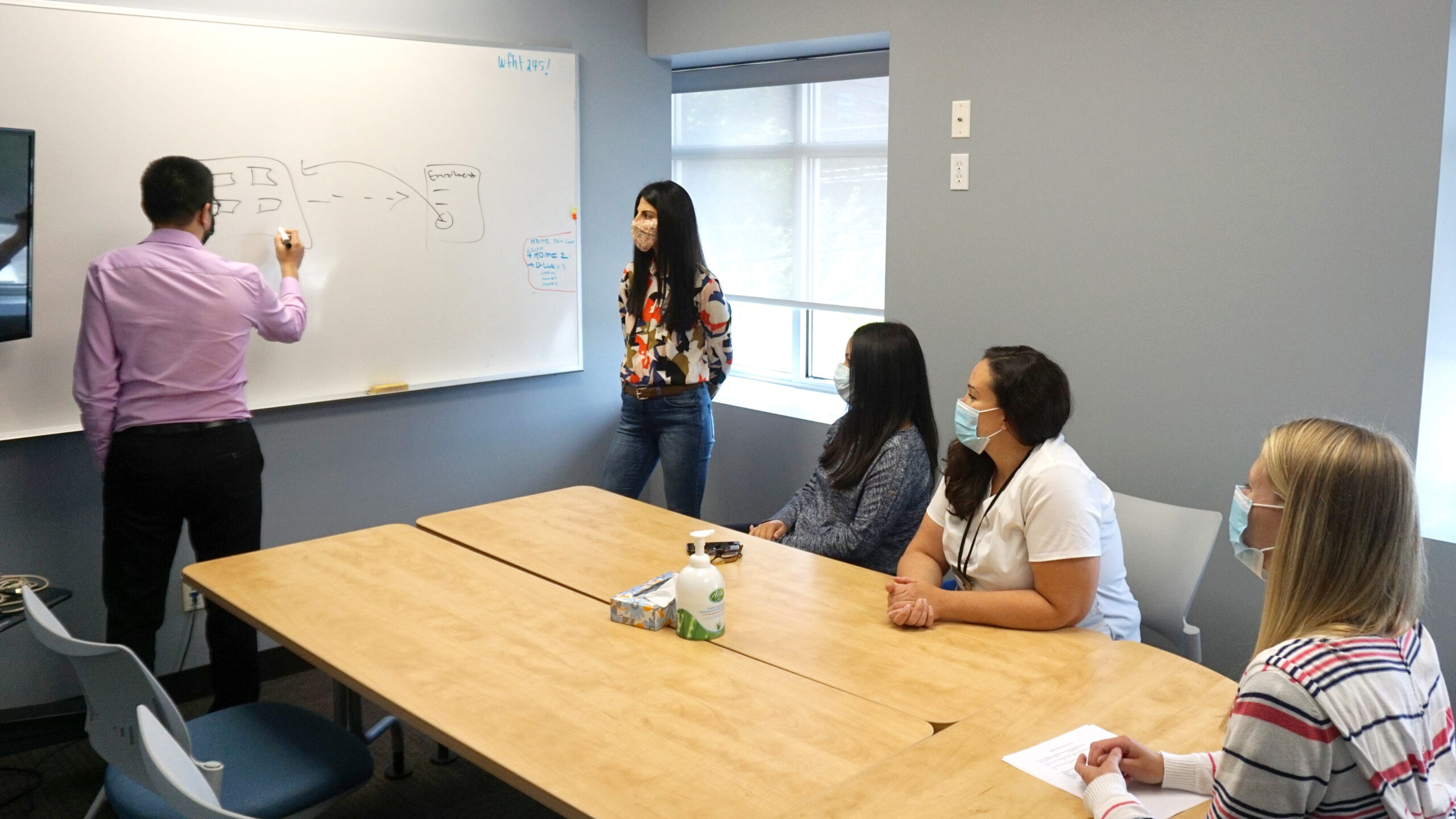
What is something someone may be surprised to learn about your job?
No one ever understands what I do by my title. Anytime I’ve ever explained my responsibilities to someone, they have been fascinated by the type of work that’s out there.
How would you say COVID-19 has affected your day-to-day work? (i.e., job duties, commute, check-in process etc.)
In the beginning months, the organization implemented a business continuity plan which included a remote team and onsite team. We rotated a couple times, but then decided we were comfortable working onsite with routine practices in place and additional precautions when necessary. More than usual IPAC (Infection Prevention and Control) training occurred, but it was needed and helped inform our operations and keep staff and patients safe. Most of our patient encounters are conducted virtually through phone or video, but we do accommodate in-person appointments as well. Aside from childcare, which presented some challenges, we have not experienced many disruptions.
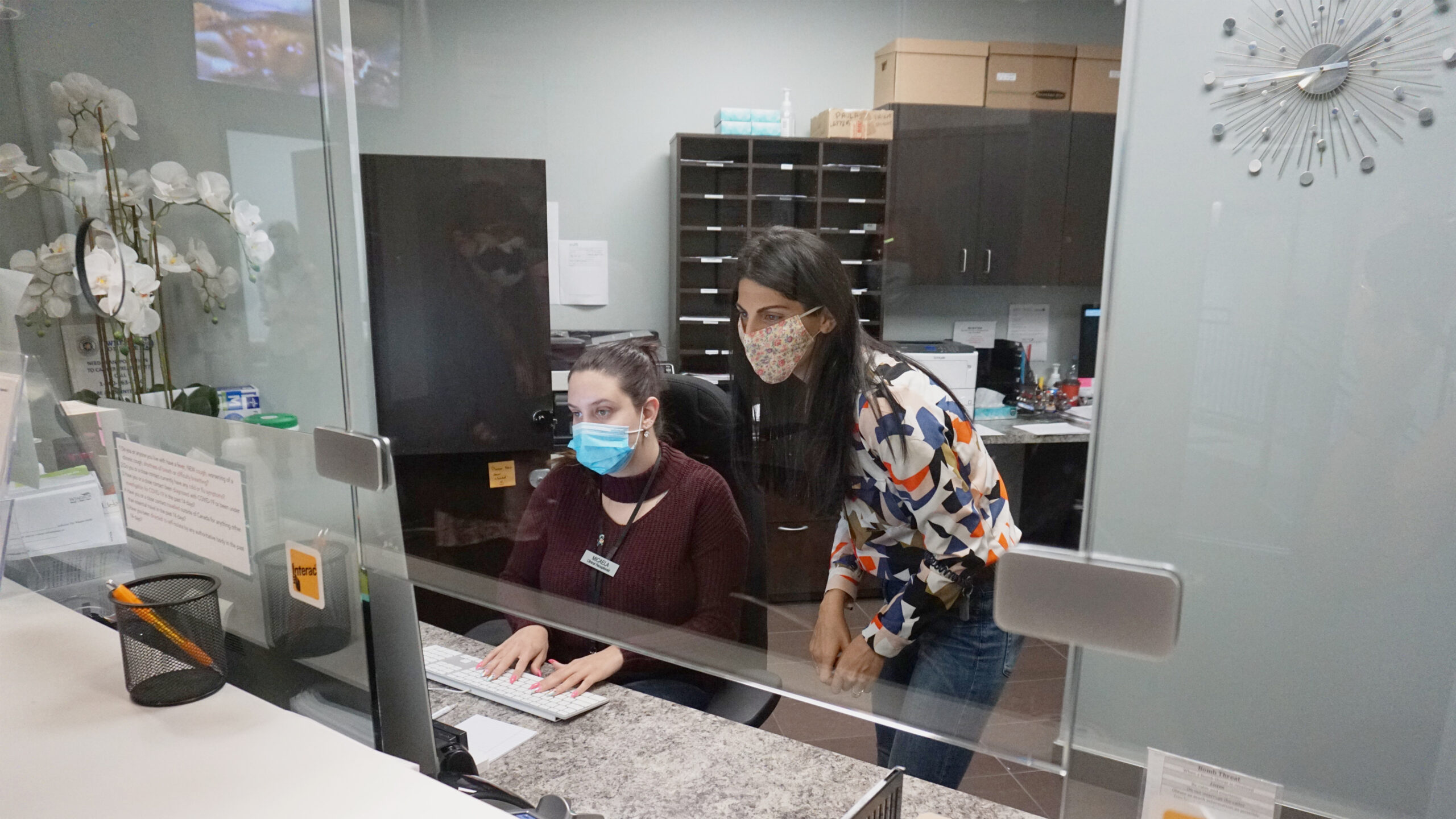
What has it been like to be an Essential Worker during a world-wide pandemic? Has your workplace added additional safety measures?
To the organization, it means operating in a safe manner, while not compromising care and patient experience. As I briefly mentioned above, virtual care options, IPAC practices and strategic planning were implemented to keep operations afloat, while maintaining safety for all.
Has working as an essential worker during the pandemic made this more personally fulfilling career?
I appreciate that the services we offer are critical to keeping patients healthy and that pausing our services not only impacts their physical health, but their mental health as well. Although I don’t experience the direct impact of patient care, I very much enjoy hearing the patient experiences that are shared with me as the Manager of Quality, Experience and Patient Safety.
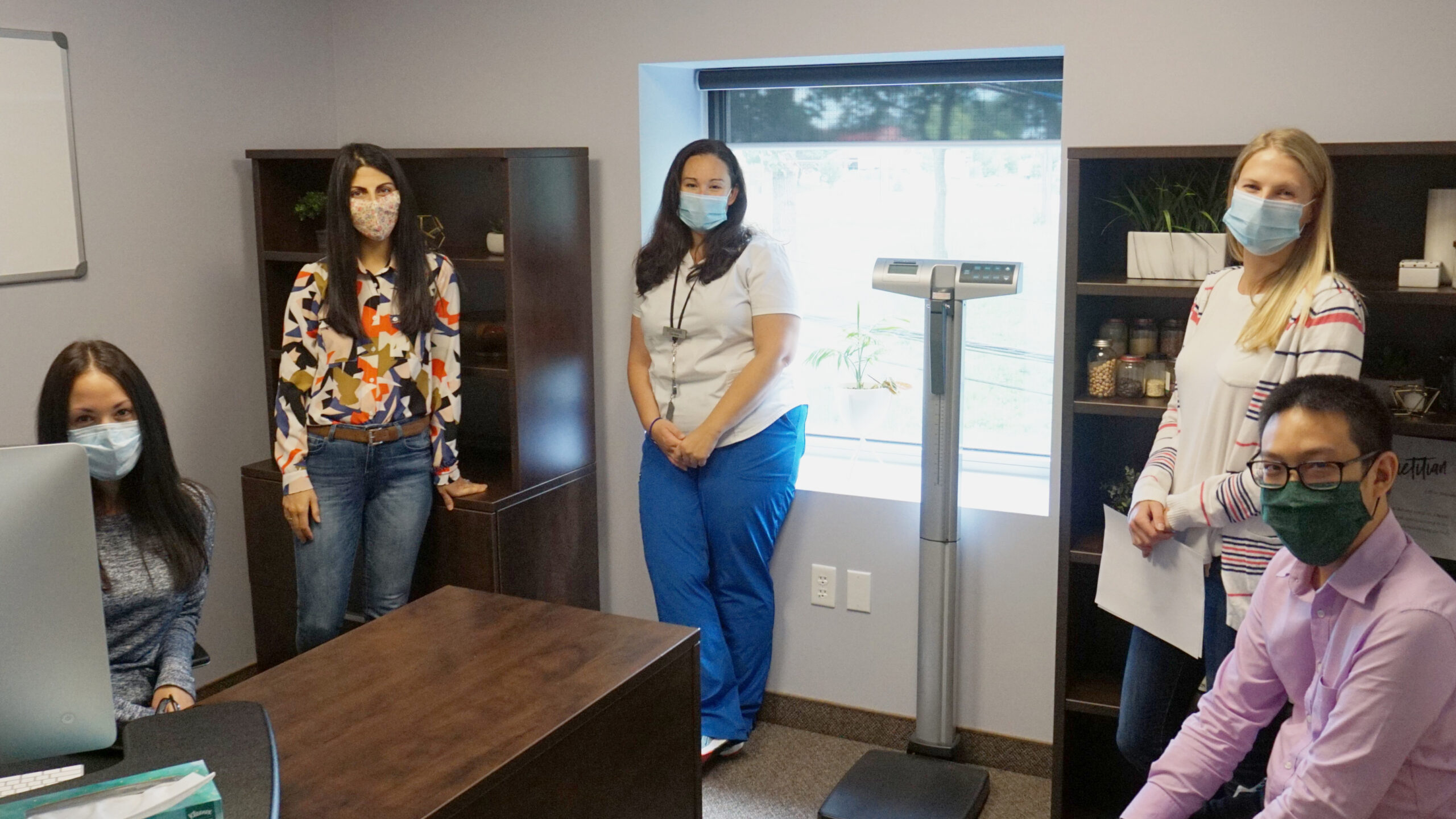
Thank you to Sara for the interview!
Questions or Comments? Please email sfram@workforcewindsoressex.com
Are you an Essential Worker? Would you be willing to share your experience with us? Please contact info@workforcewindsoressex.com, Subject: Essential Worker Portal.
